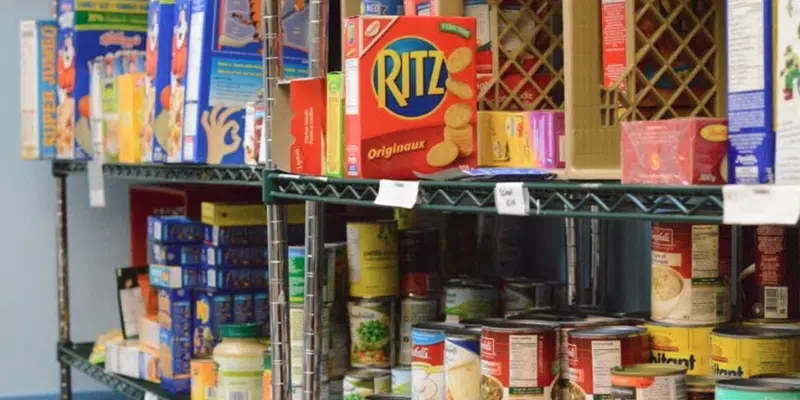Food First NL is calling for action in light of new national food insecurity numbers released by Statistics Canada showing that the problem is getting worse.
According to numbers compiled through the 2023 Canadian Income Survey, a quarter (25.5 per cent) of those living in the country’s ten provinces lived with limited or uncertain access to nutritionally adequate and safe food.
That represents an increase from 22.9 per cent in 2023.
Of those, 6.7 per cent experienced severe food insecurity.
In this province, 30.1 per cent of Newfoundlanders and Labradorians lived in a household that had limited access to nutritional and safe food. That’s the third highest rate among the ten provinces behind only Alberta and Saskatchewan.
Food First NL says it hopes that all provincial and federal elected officials see the urgent need for “decisive action” to turn those numbers around.
Some argue that it’s not as simple as just providing people with more money, because they might still not make the necessary food choices. Food First’s Josh Smee told VOCM Open Line with Paddy Daly the evidence doesn’t bear that out.
(He cites the Canada Child Benefit which he says “really did make an impact on food insecurity for kids.” he says basic income pilots also showed that people were spending money on the basic necessities of life. “I get where (the concern) is coming from, but the evidence actually suggests the exact opposite.”













